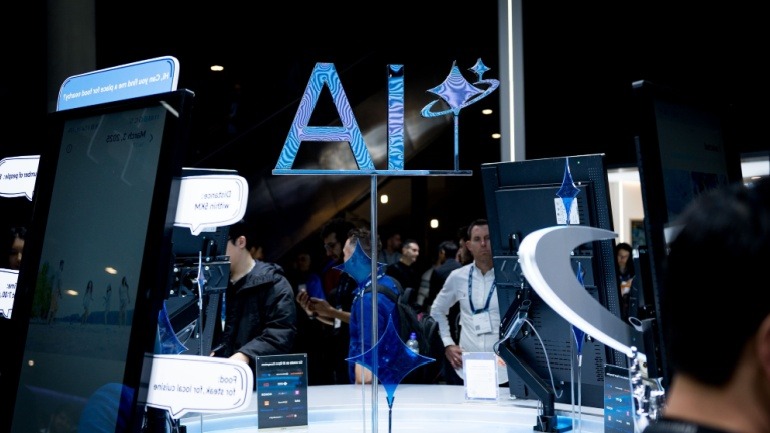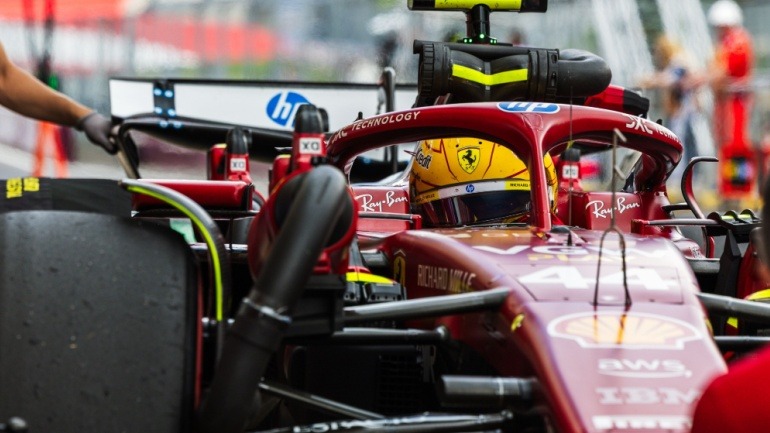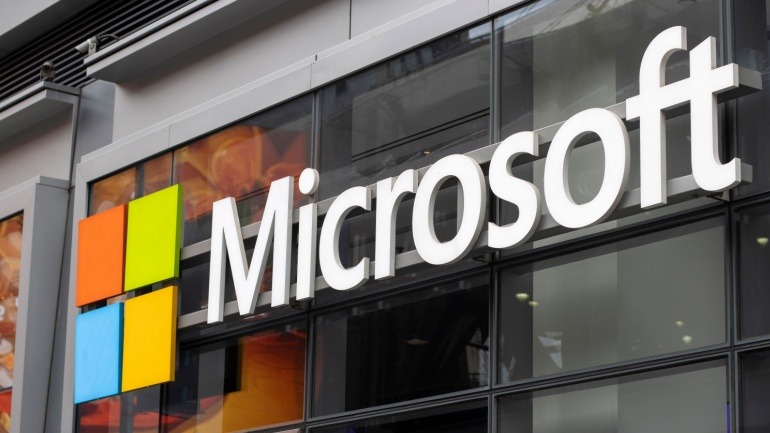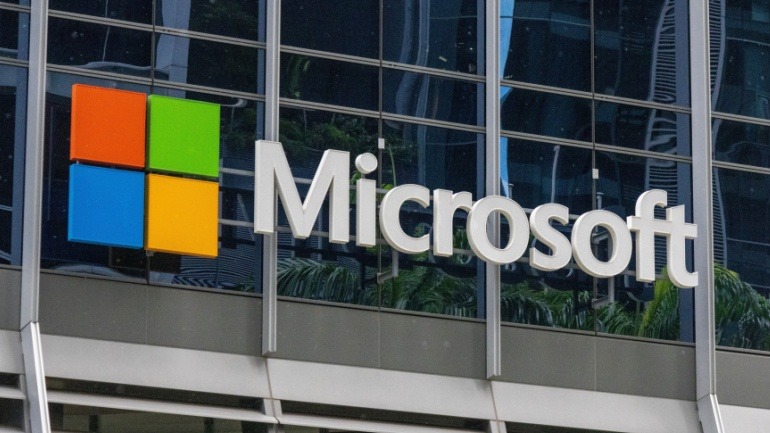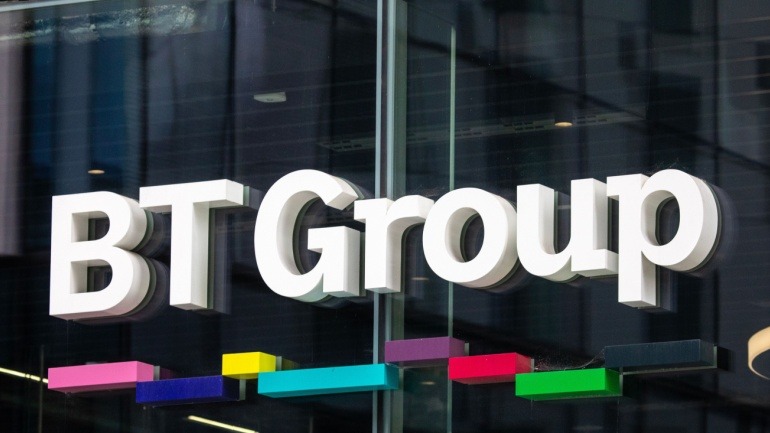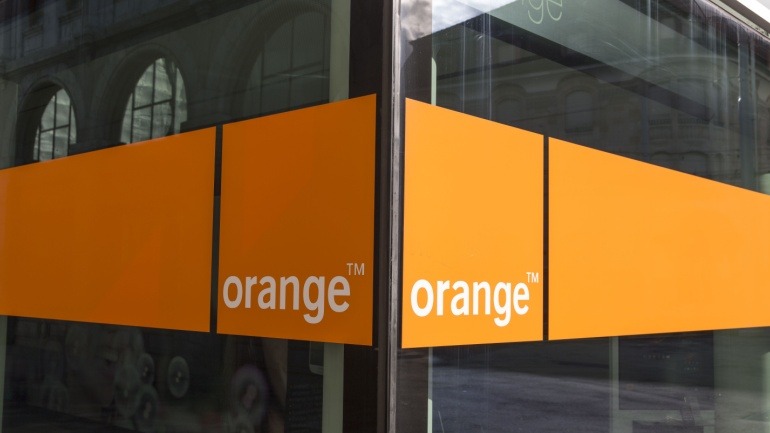The evolution of enterprise AI is witnessing a significant shift as companies adopt cross-enterprise solutions, moving away from isolated systems.
Vodacom is leveraging Google Cloud to enhance its VoIP services through AI-driven innovations. By migrating data platforms to Google Cloud, Vodacom aims to boost customer interaction and network optimization. This partnership signifies a crucial step in digital transformation for telecom operators, showcasing cloud-based AI’s potential in improving VoIP solutions significantly.
Microsoft’s AI ambitions face skepticism, especially concerning reliable execution in enterprise environments. Reports indicate Windows 11 challenges highlight stability concerns, crucial for business-critical systems. Organizations are wary of AI’s integration, fearing disruptions and increased support demands. Trust, organizational readiness, and evolving roles play pivotal roles in AI adoption within Microsoft’s ecosystem.
Integrating AI into the workplace is reshaping how we collaborate, yet many employees face heightened burnout due to unclear boundaries. Companies must prioritize psychological safety amidst AI adoption. By maintaining transparent communication and defining roles clearly, organizations can leverage AI effectively while safeguarding employees’ well-being and reducing job-related stress.
In the ever-evolving telecommunications industry, embracing AI is now a necessity rather than a choice. Abhishek Sandhir of Sand Technologies warns that telcos resisting AI risk extinction. Emphasizing AI can boost telecom revenues and redefine their future amidst increasing consolidation and M&A activities. For telcos, adopting AI ensures cost efficiency, personalized interactions, and network optimization.
T-Mobile US demonstrated its robust 5G capabilities during the Formula 1 weekend in Las Vegas, spotlighting innovative 5G broadcast advancements as part of its ongoing partnership with F1. The carrier’s utilization of AI for enhanced network performance underlines its commitment to superior customer experiences and seamless service transitions, driving growth through strategic rural expansion.
Embracing AI-driven predictive maintenance in operations helps minimize downtime and enhance equipment life. Microsoft Teams plays a pivotal role, offering a digital command center that unifies data and facilitates real-time decision-making. This innovative approach optimizes VoIP communications among engineers, ensuring informed choices and transforming industrial efficiency.
Microsoft’s Ignite 2025 reveals a strategic VoIP shift towards robust AI governance. With tools like Agent 365 and Entra Agent ID, Microsoft highlights the importance of security, compliance, and automation in today’s VoIP landscape. Businesses prioritize “AI-accountable” systems, ensuring risk management over fleeting features. Enhancing AI governance embodies Microsoft’s visionary approach.
BT is making significant strides in cost-saving initiatives, primarily through the strategic deployment of AI across its operations. This adoption is transforming BT’s efficiency, particularly in its BT Consumer division, by automating processes like customer care and marketing. As AI reshapes BT, the focus remains on maintaining service quality amid workforce reductions.
Orange is integrating multilingual AI into its Maxit super app, enhancing voice interactions in African languages like Wolof. This technological push, showcased at the Orange OpenTech event, aims to democratize digital access across Africa and the Middle East. Collaborations with OpenAI, Meta, and Nvidia support this innovative transformation in VOIP solutions.







